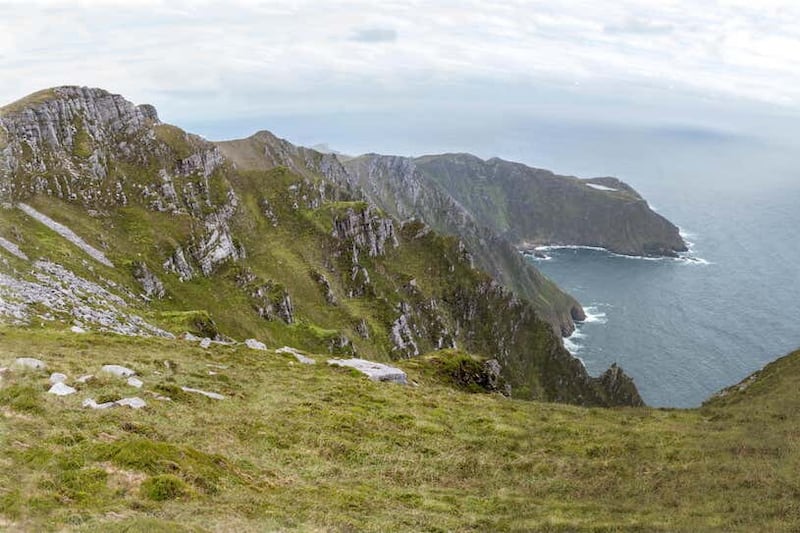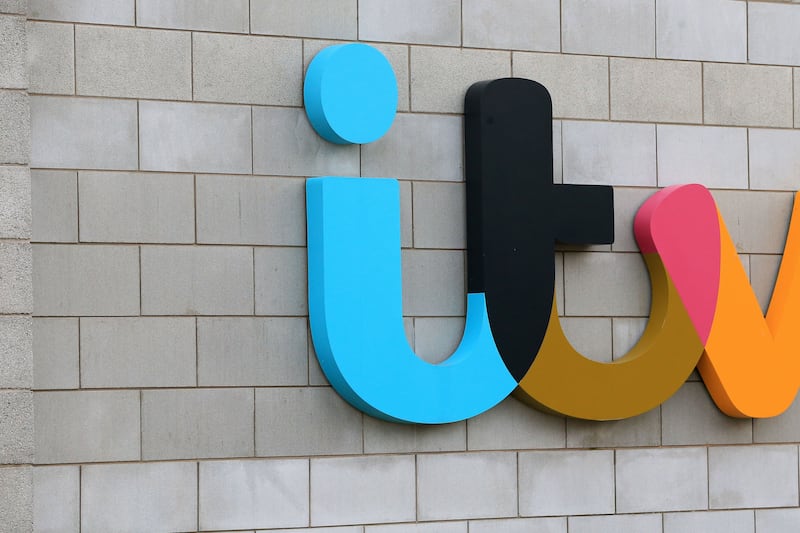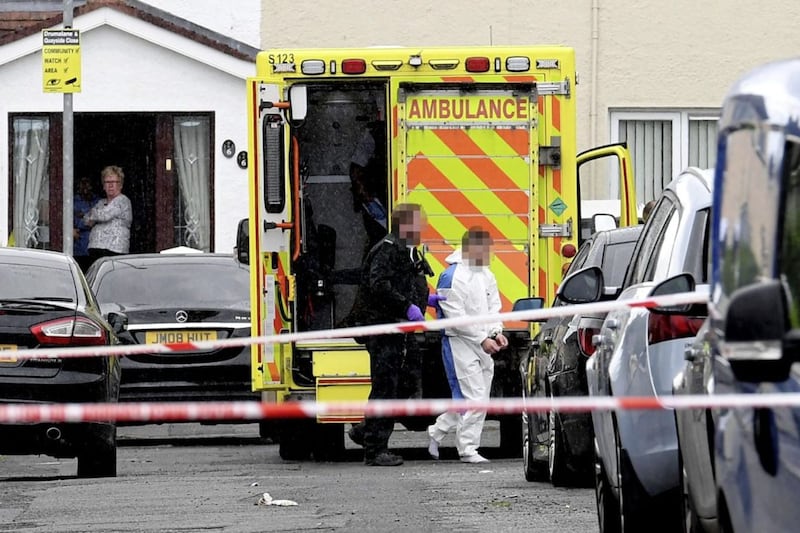The Department of Justice has sought assistance from the Home Office to tackle a delay in conducting post-mortems
It comes after Northern Ireland's leading criminal layer warned of "untold chaos" for police and criminal investigations due to delays in performing post-mortems.
Kevin Winters, who runs the the north's biggest law firm, said any time lags in determining the cause of a death will "seriously hamper" police interviews of suspects.
The Irish News has learned that it took three days before an autopsy was carried out on a father and son whose bodies were discovered in a Lisnaskea house in Co Fermanagh last week.
It is understood pathologists faced a caseload of post-mortems in just one day, which led to the backlog.
Autopsies of an elderly couple in Ballycastle, who were found dead in their home earlier this month by a relative, took almost 24 hours.
Despite a worldwide recruitment campaign, the north's former State pathologist Professor Jack Crane has not been replaced -18 months after his retirement.
Professor Crane held the top post for 24 years but is still continuing to work due to the failure to appoint a successor.
Mr Winters said delays in the autopsy system not only had huge repercussions for the police and courts - but also had a profound effect on families suffering sudden loss.
"Any delay in having a post-mortem by the State only serves to greatly re-traumatise the families of people killed. One shouldn't ever take that for granted. This is a bereavement in suspicious circumstances - every hour's delay is like a day,” he said.
"A three-day delay to someone not involved in bereavement and just reading about it just seems like a bland statistic. But to someone affected, three days is an eternity.
"In term of criminal cases, the State has an obligation to provide the resources and services to deal with speedy and effective post-mortems. Anything which interferes with that is of course going to interfere with the direction and conduct of a police and criminal investigation."
He added : "If someone is in custody, the delay in getting access to a post-mortem is going to prevent police from identifying the cause of death. That will seriously hamper interviews of suspects and also will create delays in carrying out interviews. This in turn could lead to applications by defence lawyers to have those people released before the police have been able to complete their interrogation.
"This will cause problems to the criminal investigative process."
The leading lawyer also warned of dire consequences for defence lawyers representing suspects who want an independent autopsy of a victim.
By law, an independent post-mortem cannot be performed until the State's examination is completed - otherwise it would be deemed to be "interfering with evidence".
"You can see how this could result in untold chaos for the administration and processing of criminal justice investigations," Mr Winters added.
A spokesman for the Department of Justice, which is responsible for the State Pathologists' Office, said the vast majority of post-mortems are carried out "extremely quickly" but that at times there were delays.
He added that a fresh recruitment drive for the post of State pathologist, which has an annual salary of up to £101,451, is due to get underway.
"The (delays) are outside the control of the State Pathologist's Department. There may also be an unusually high number of deaths to be dealt with," the spokesman said.
"A recruitment campaign for pathologists is due to be launched soon and in the meantime we have launched a temporary flexible position scheme in a bid to try and obtain some support at the State Pathologists Department from Forensic Pathologists on the Home Office register."








